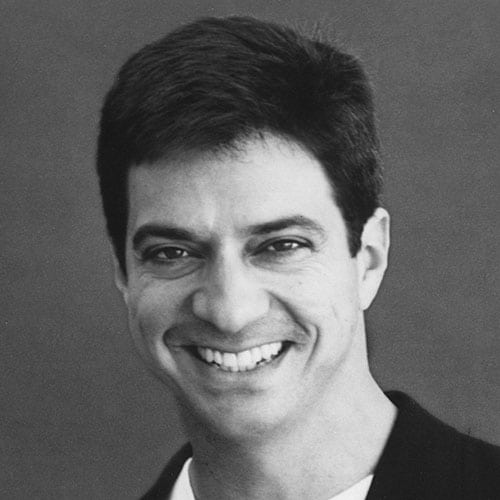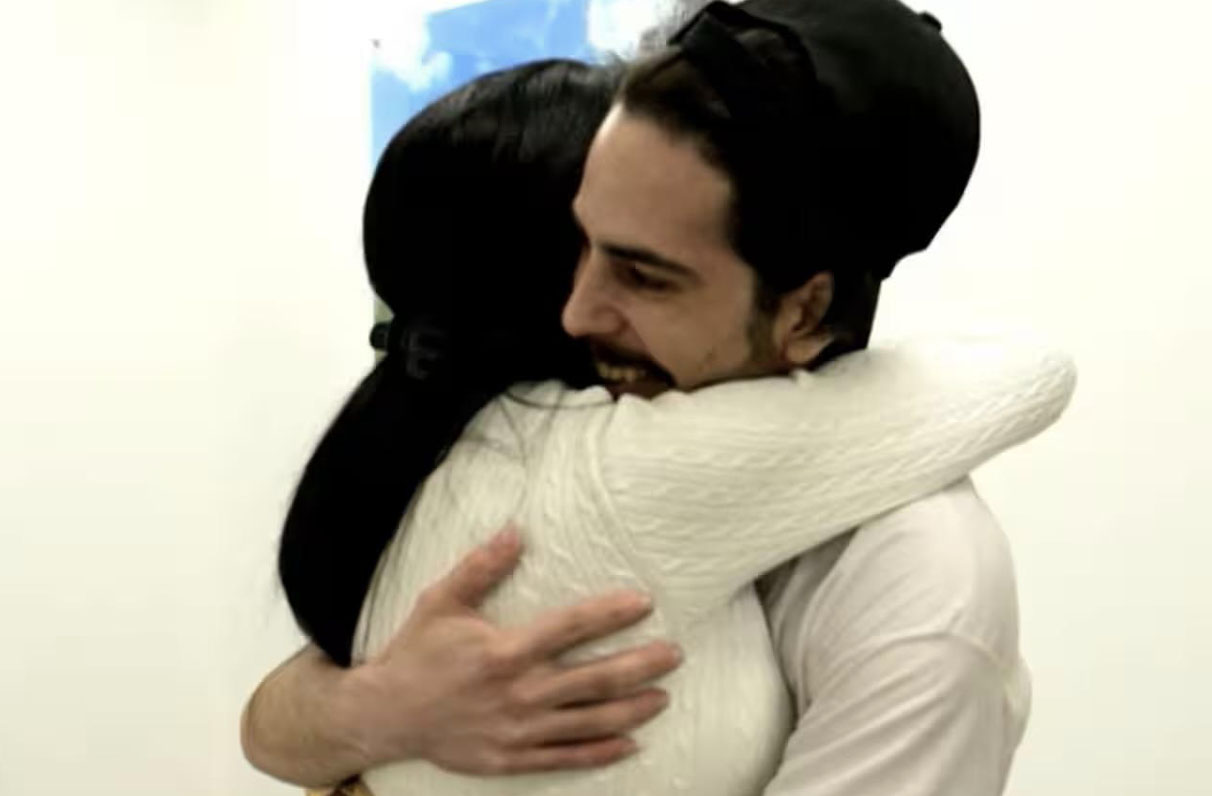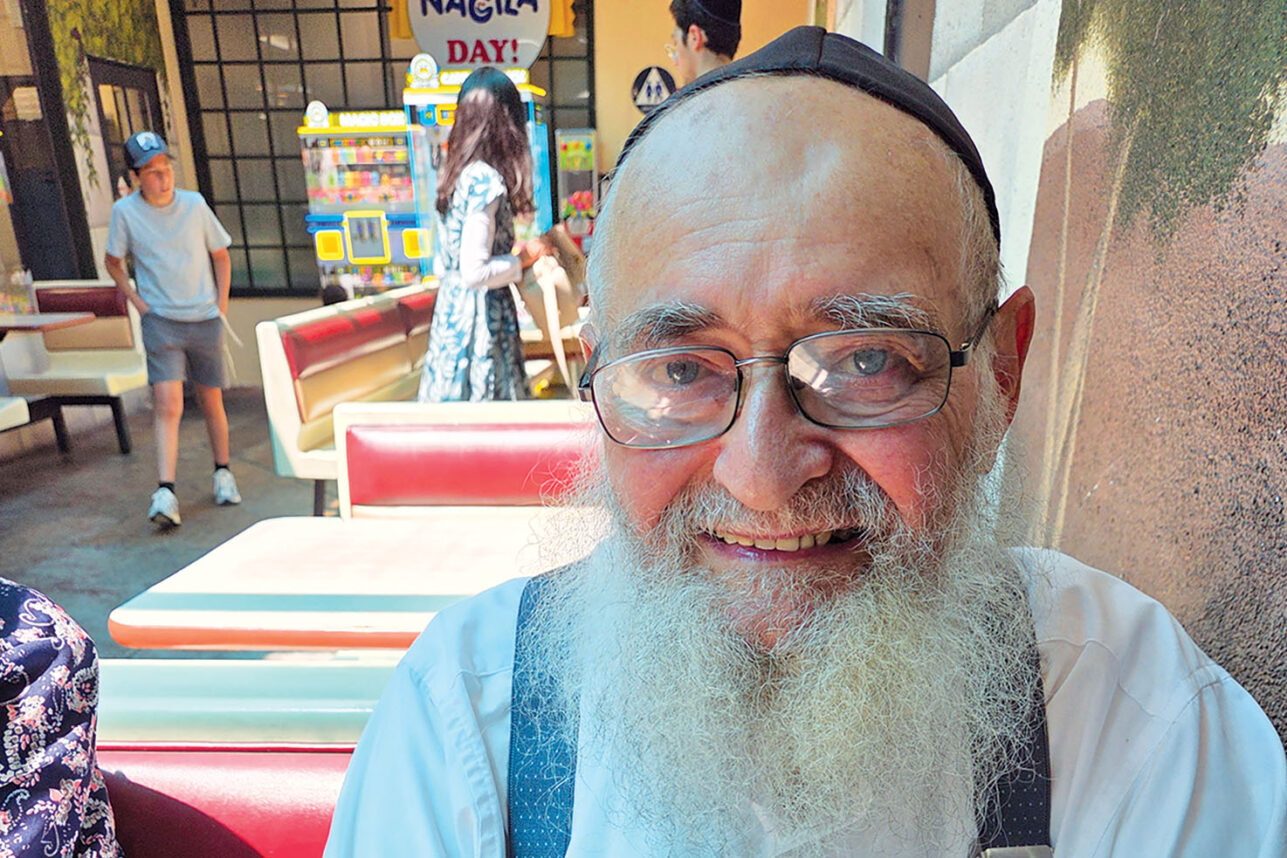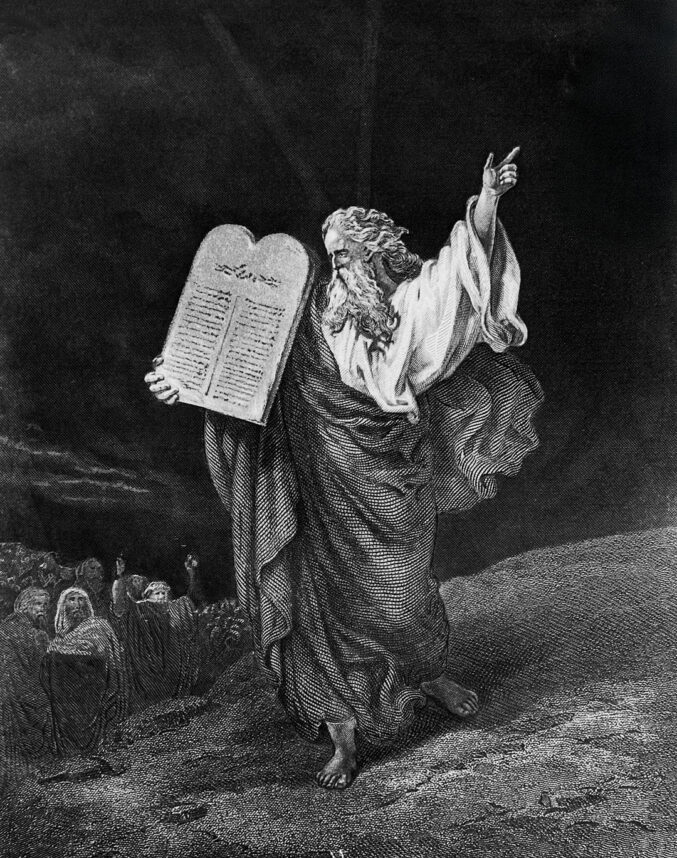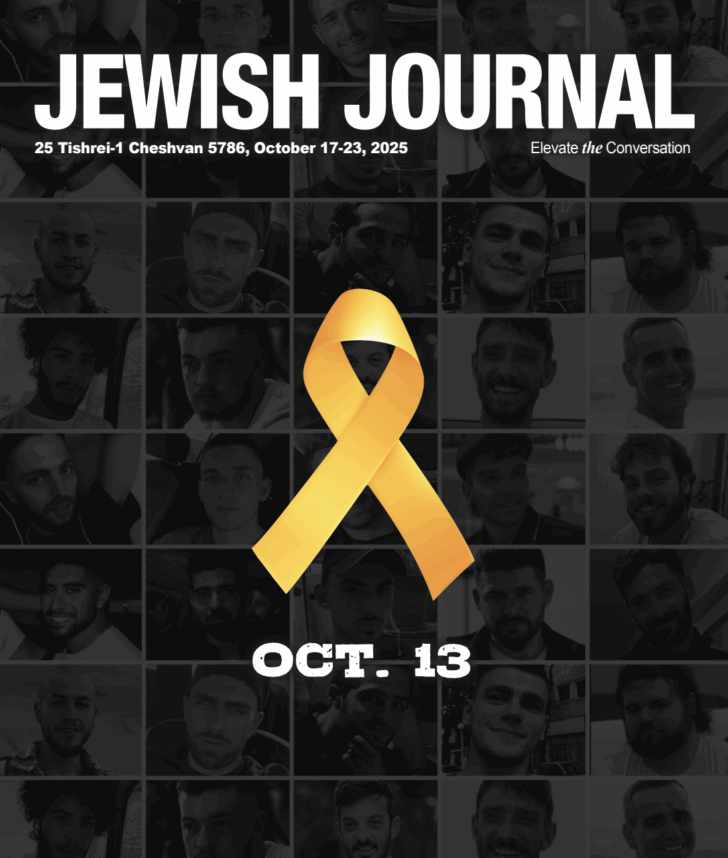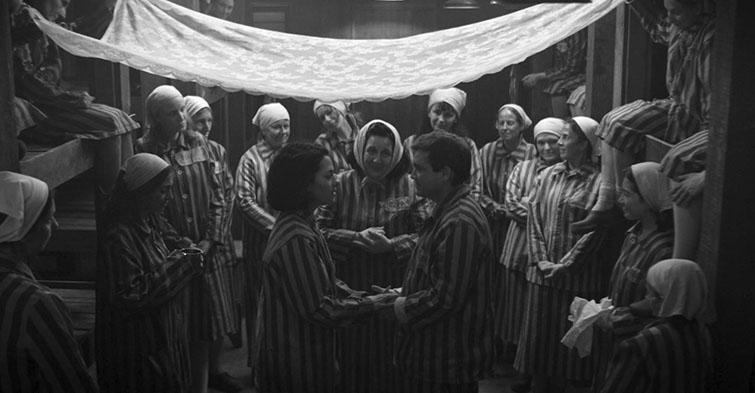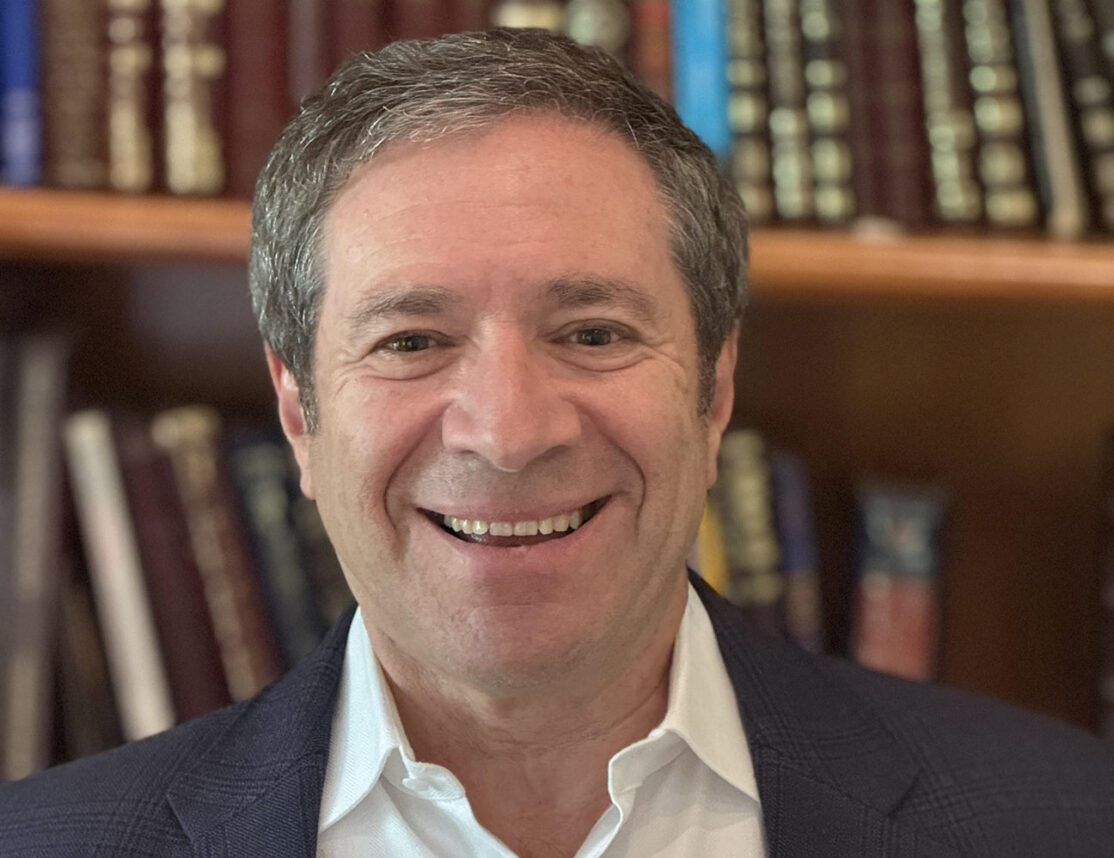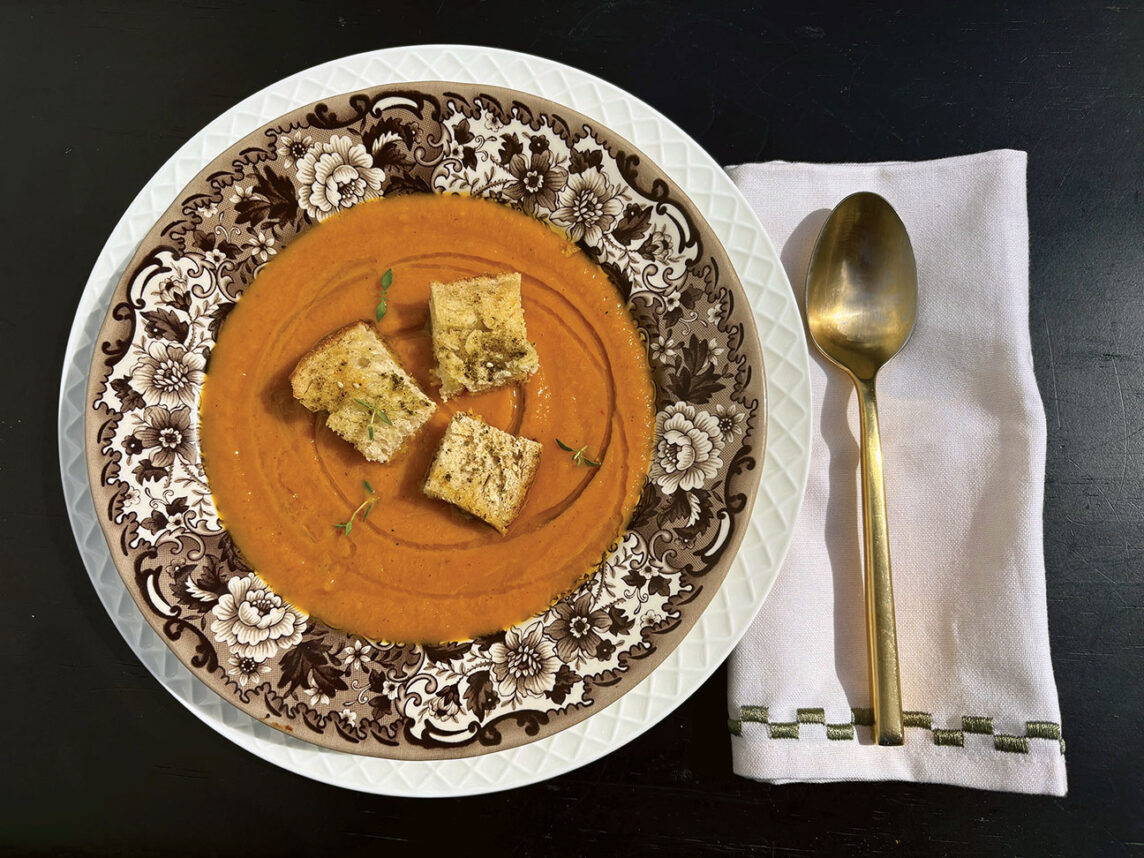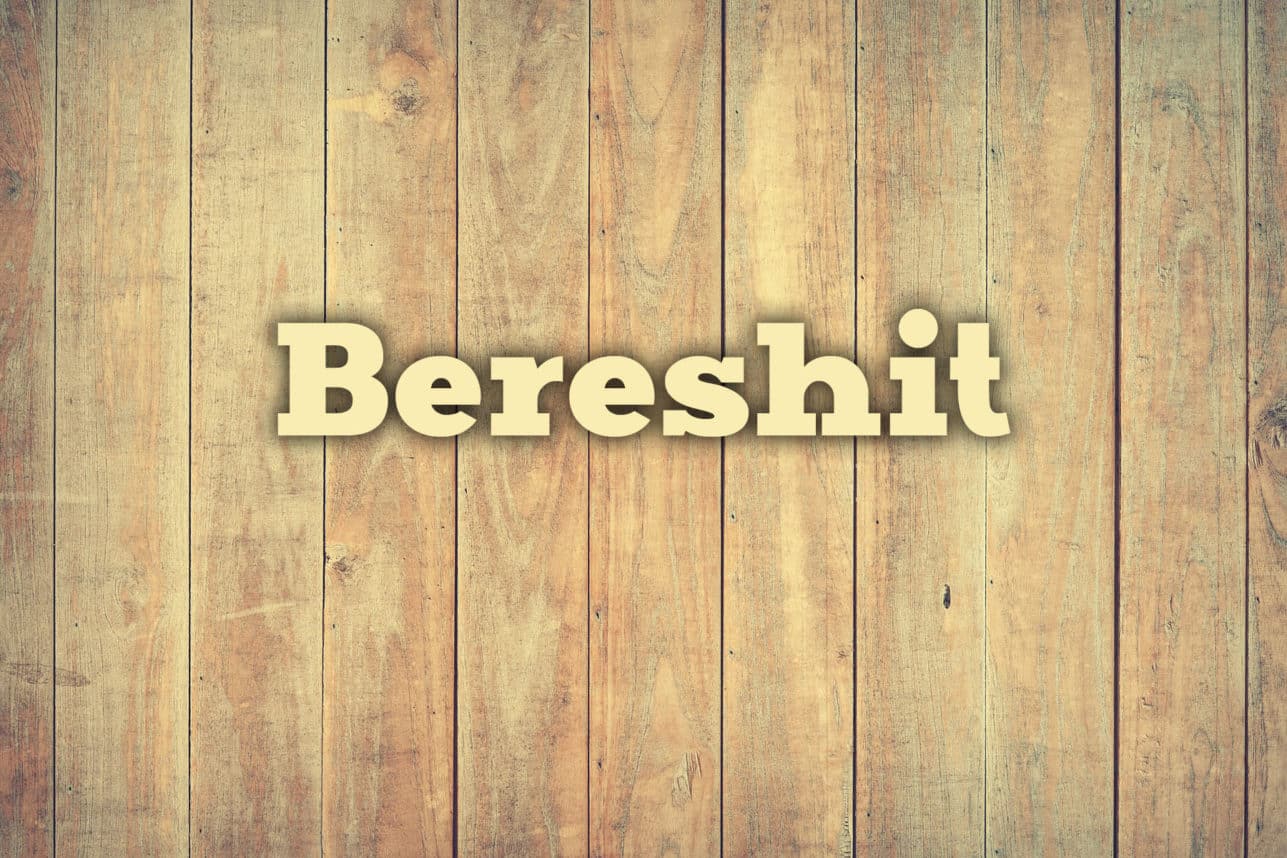
It would make sense to start the Jewish year on Rosh Hashanah, literally the “head of the year,” but that’s not how it goes in the Bible. There, just as we are about to leave Egypt, with great signs and wonders, the first commandment given to the nation is initializing the calendar. So the Jewish year actually begins with Nissan, the month of Pesach, making the preceding month of Adar the last one of the year. Adar is a time to celebrate and a season of reckoning.
The secret of Adar is concealed behind the “mask” of Purim. The scroll we read, Megillat Esther, is one of the closing entries in the Jewish biblical canon and, interestingly, has no mention of God’s name. We start the year with the Pesach haggadah and its manifold recitations of gratitude to God for the miracles performed on our behalf. By the end of the Jewish calendar year, God is out of the dialogue and it’s all about Mordecai and Queen Esther. What changed?
Over the Jewish year, we transition from an emphasis on God’s revealed hand in our redemption (Exodus) to a focus on the action of individuals while God operates behind the scenes (Esther). The message: God is always with us, even when His presence is hidden. To retain our freedom of choice, God is concealed, to the exact degree that we must strive to find God. This spiritual awareness is the engine of our enhanced joy during this special month. Megillat Esther can be translated as “revealing the hidden.” This remarkable tome serves as a lesson plan for perceiving God’s hand behind all events, for all time.
The month of Adar provides us with the opportunity to bask in the emunah (faith) we have crafted over the Jewish calendar year. Every holiday — beginning with our national homecoming (Pesach), receiving the Torah (Shavuot), then the High Holidays and Sukkot — serves to bolster our perception of this invisible shield of divine love and protection. By Purim, we rejoice in a seemingly “God-less” story, knowing with simple faith that God’s grace is behind all the triumphs and mishaps in our lives.
The month of Adar provides us with the opportunity to bask in the emunah (faith) we have crafted over the Jewish calendar year.
One of the central tenets of Judaism is that each of us has a crucial role in tikkun olam. This is emphasized at the climax of the Purim story, when Mordecai gives Queen Esther the chance to be the heroine, saying, “If you remain silent at this time, relief and deliverance for the Jews will come from another place.” All of us are faced with this fundamental challenge. We can opt in or relegate ourselves to the sidelines. God will get the job done regardless. I say, let’s go for it.
Celebrate Purim with heartfelt exuberance. Take advantage of the transformative power of the four mitzvah opportunities: hear the Megillah chanted both night and day, give to the needy, offer neighbors packages of a few items of food as a token of friendship, and eat a hearty meal at the end of the day. For many of us, intoxication gets us to a place where the heart is opened; we can love more readily and tears of joy flow. For some of us, getting intoxicated is a mistake. For me, after a few l’chaims, my empathy muscle is stronger.
Apply the lessons of Purim year-round. Acknowledge the miracle of God’s stewardship behind the scrim of our lives. Be there for a friend with a gift of food, the gift of time and a patient ear. Seek out opportunities to serve the needy. Be deeply grateful for the feeling of belonging to this remarkable nation. Share words of Torah with a lighthearted song and a smile.
May we always seek to emulate the courage of Queen Esther, not standing idly by with all the challenges facing our people and the world.
Sam Glaser is a performer, composer, producer and author in Los Angeles. His Jewish CDs include “The Songs We Sing,” “The Promise,” “Hineni” and “A Day in the Life.”

